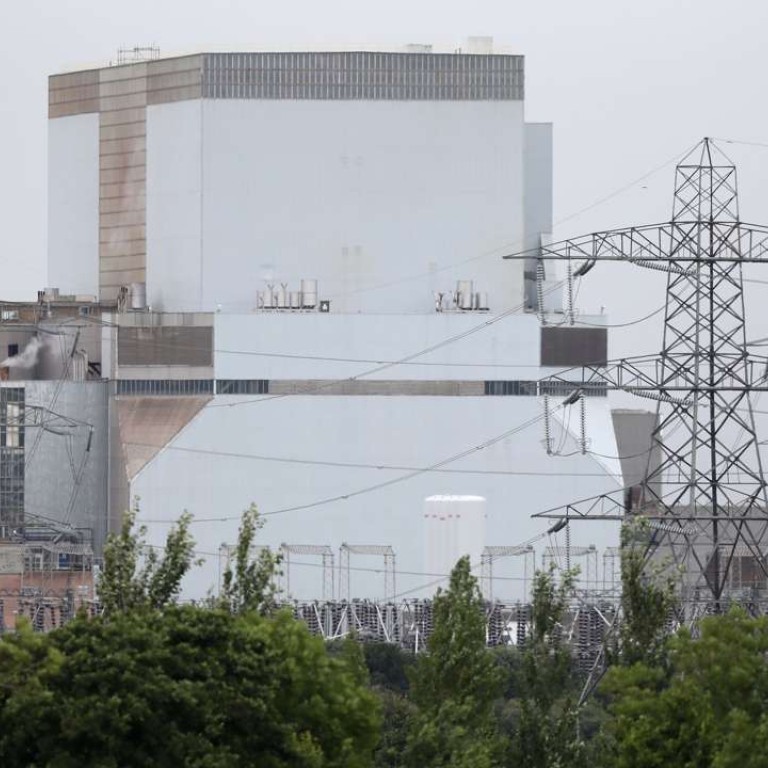
Britain’s new government should fast-track review of nuclear deal with China
It is understandable that Theresa May would want to take a second look at a pact made with the previous prime minister, but it must not get in the way of ever-growing business ties
Relations between China and Britain have improved so much in recent years that claims of a golden era in ties are difficult to dispute. Financial cooperation, trade and investment are strong and ever-growing. The economic links extend from yuan trading to car-making to telecommunications and the plans for expansion include a stock market tie-up between Shanghai and London. British Prime Minister Theresa May’s decision to delay her government’s signing of a landmark nuclear deal involving Chinese and French companies should therefore not be viewed out of context.
May announced on Friday, just hours before a signing ceremony for the US$24 billion Hinkley Point project, that the plan would be reviewed and a decision was likely in the autumn. French state-run utility EDF had agreed in 2013 to build two reactors and last year, during President Xi Jinping’s (習近平) landmark visit, a deal was struck for China General Nuclear Power Corp to take a 33 per cent stake as part of a proposal for involvement in another plant to use Chinese technology. No specific reason for the delay was given, but security concerns have been suggested by the new leader’s former colleagues. Nick Timothy, her joint chief of staff and a trusted adviser, expressed worries last year that China’s involvement would give it access to sensitive computer systems.

David Cameron, May’s predecessor, championed the Hinkley Point project to show Britain’s openness to foreign investment. His resignation in the wake of his country’s vote to leave the European Union put that in doubt and May made a point of reiterating the position when she took office on July 13. But the plant is controversial, not so much for overseas involvement, as for its cost and being the nation’s first new nuclear reactor since a freeze was imposed in the 1990s. It is understandable that she would want to take a fresh look at a scheme that she was not involved in negotiating and is therefore unfamiliar with.
A change of leadership does not throw years of trust-building into question. China has a number of companies with extensive business interests in Britain; among them is the Shenzhen-based electronics firm Huawei, blocked from operating in the US, but with years of involvement in the British telecommunications sector. China’s reaction to May’s announcement was in such circumstances bound to be optimistic and cautious. The new leader and her team have to familiarise themselves with policies and projects. But a done deal like Hinkley Point does not require much review.

